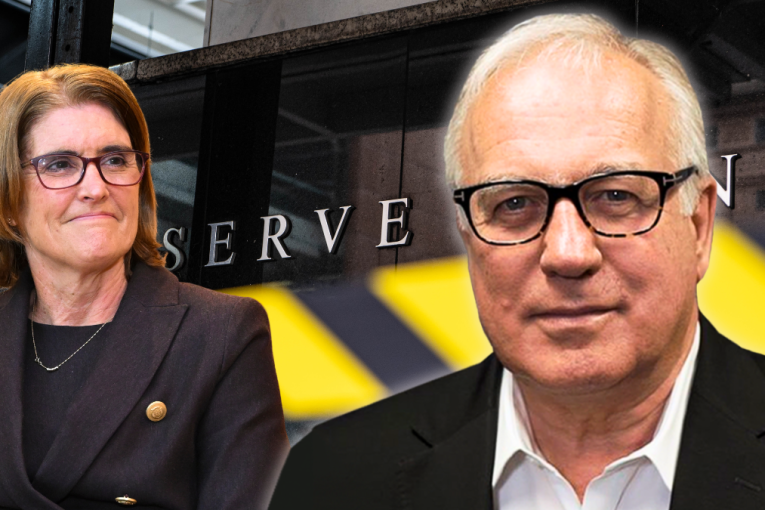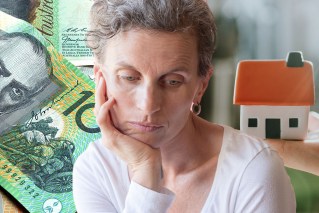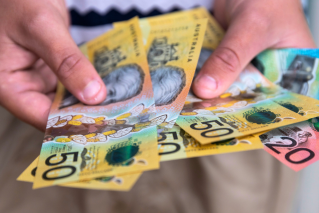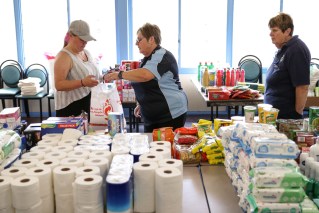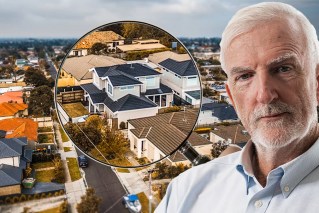This is how many Australians have no superannuation account

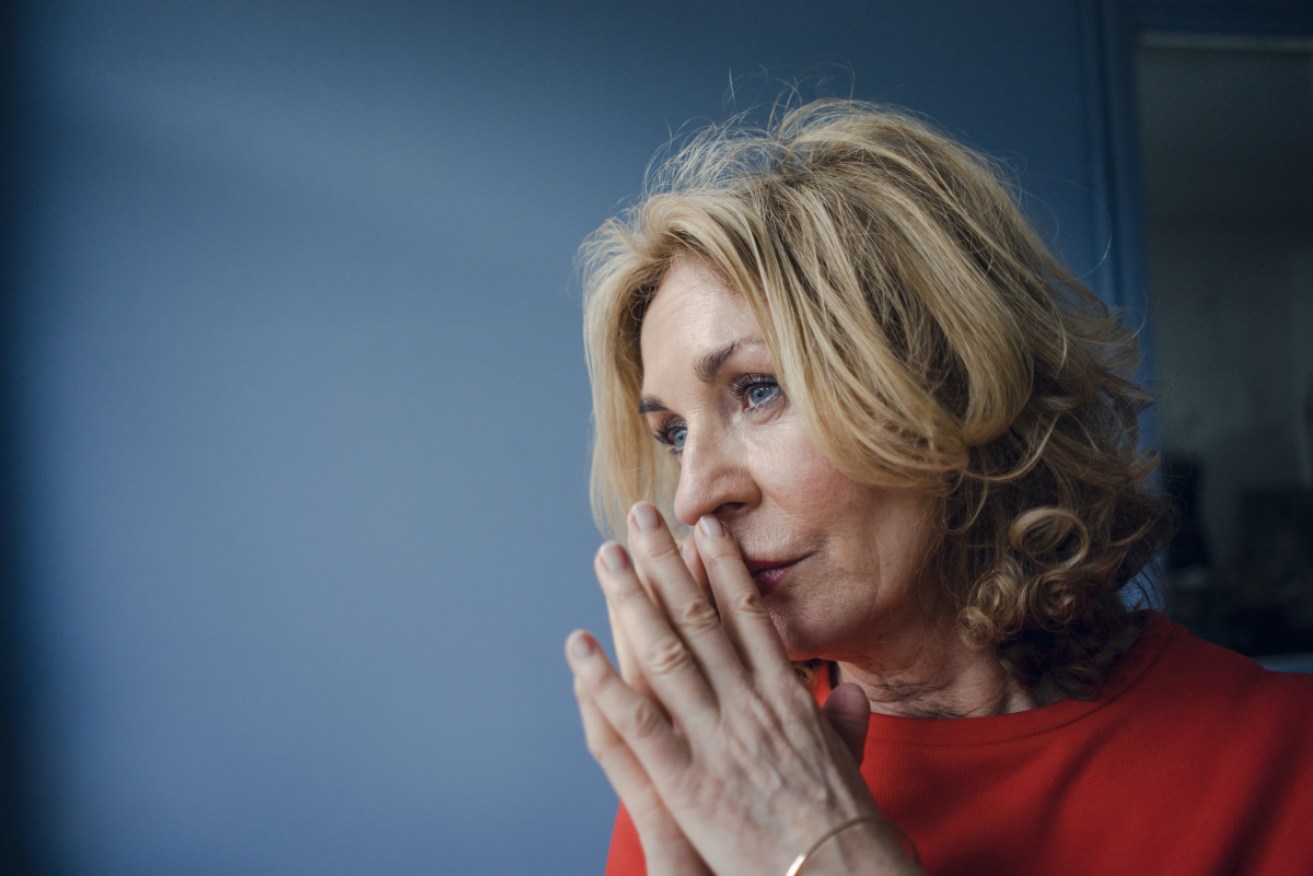
Research suggests one in four people have no superannuation account, with outdated social norms partly to blame. Photo: Getty
Despite compulsory superannuation being in place since 1992, about one in four adult Australians have no super account, according to new research.
The findings come from a survey of 1007 people by Finder and match similar figures produced by the University of Melbourne’s Household, Income and Labour Dynamics in Australia (HILDA) survey in 2019.
The research shows that 24 per cent of Australian adults have no super at all and 17 per cent of people do not know where their super is.
Older demographics are overrepresented among those without super, with 50 per cent of baby boomers having no account, compared to 12 per cent of Gen Xers and 15 per cent of Gen Zs.
The high percentage of baby boomers without super is partly a function of now-outdated social norms.
“There was still a large part of the older baby boomer cohort where the husband would work and the wife [would stay] at home bringing up the kids,” said Paul Versteege, policy manager with the Combined Pensioners and Superannuants Association.
That meant fewer women with superannuation accounts.
More caring duties
Career breaks to have children have also played a major role.
ABS research released in 2017 found that one in three women had no money in super.
“It’s to do with time out of work to raise families or to look after elderly parents, and when they do go back to work, it’s quite often part time,” Steps Financial principal Antoinette Mullins said.
This observation is borne out by HILDA figures, which show that women are lumbered with far more non-paying commitments than men.
Although men and women put in lots of working hours – 75 per week for men; 77 for women – men get paid for 61 per cent of that time while women only get paid for 26 per cent of it.
In other words, HILDA found women do about 57 hours of unpaid work every week whereas men only do about 29.
“That means that women earn a lot less over our lifetimes because more of our work is unpaid,” Ms Mullins said.
“That negatively affects our superannuation and general wealth because when we earn less our super is less.”
The gender pay gap currently stands at 13.4 per cent but was 15 per cent before the pandemic.
Divorce makes matters worse
Another factor eroding women’s wealth is divorce.
Although superannuation is an asset that can be divided in divorce settlements, Ms Mullins said it was often excluded.
“Quite often, women don’t return to work after divorce and that is one of the reasons there is a growing level of homelessness among women over the age of 50,” she added.
The Morrison government passed reforms last week that will make it easier for women going through divorce to claim their fair share of superannuation assets.
Parties to family law proceedings will now be able to ask the Australian Taxation Office to release details of their former partner’s superannuation assets so they no longer have to rely on disclosures from them.
Lawyers told TND in June that the changes would “simplify everything and allow us to go directly to the source”.
Housing boom weighing on super
Although the figures show young people are far more likely to have super accounts than baby boomers, Australia’s runaway house prices are weighing on balances.
“We are increasingly seeing that on the back of higher house prices – particularly in Melbourne, Sydney and Brisbane – self-employed people and contractors are not making super contributions because their mortgage commitments are so high,” said Michael Abrahamsson, planner with Flinders Private Wealth.
Back in 1990, the average mortgage to buy a house was three times a family’s income.
“Today it’s closer to seven times, so the interest rate being low doesn’t really matter,” Mr Abrahamsson said.
“Interest can go to zero, but if you borrow $800,000 to buy a house you still have to pay back $800,000 over 25 years.”
The New Daily is owned by Industry Super Holdings


